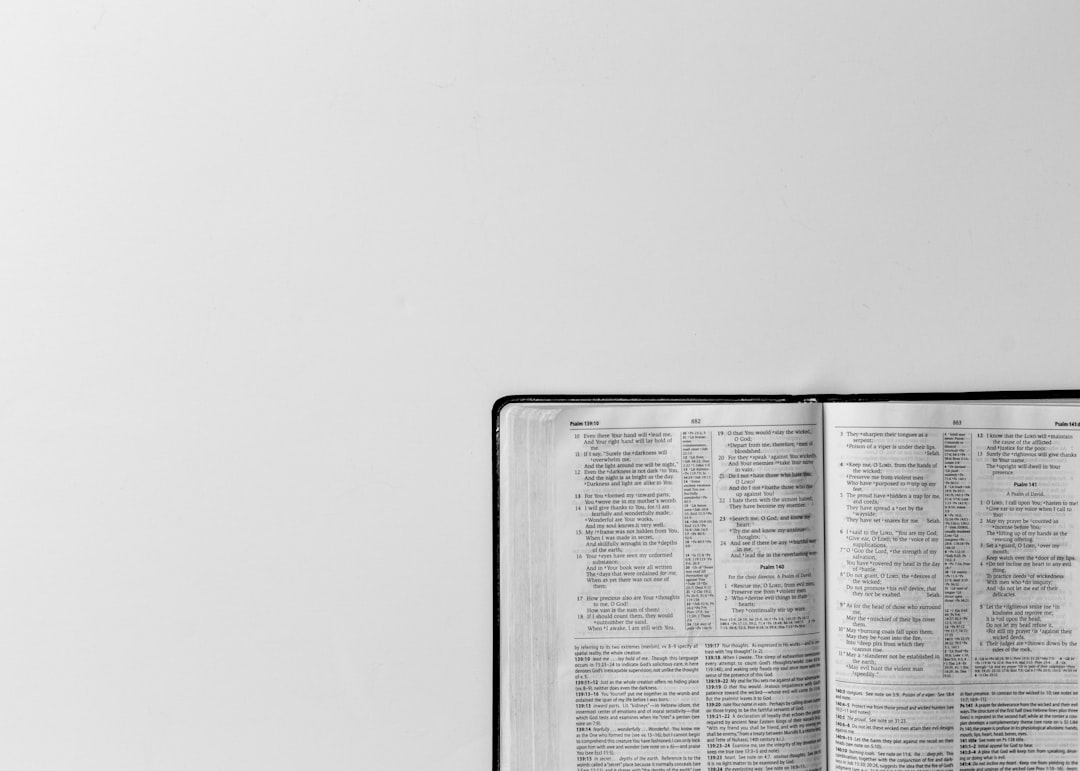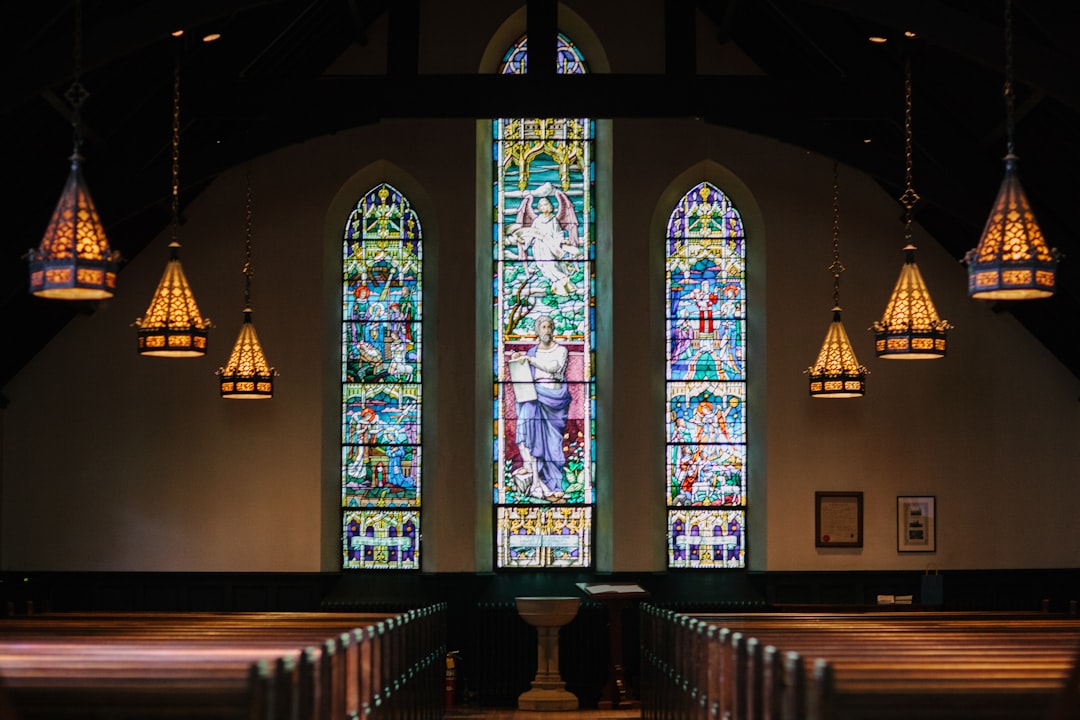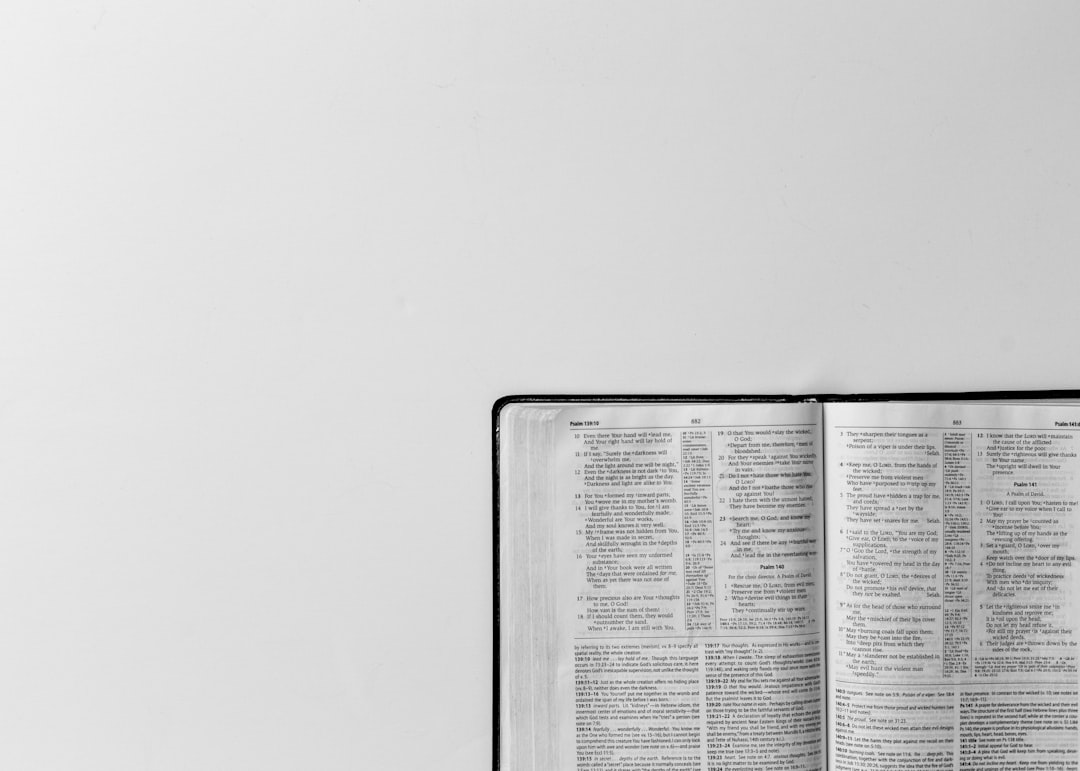In Colorado, individuals experiencing or seeking justice for clergy abuse can consult specialized clergy abuse lawyers Colorado. These attorneys handle complex cases involving emotional, psychological, physical, financial, and sexual misconduct within religious institutions. They offer guidance, collect evidence, interview witnesses, prepare legal documents, represent clients in court, and advocate for their rights. Survivors also have access to non-profit organizations and support groups that provide counseling, safe spaces, and resources for emotional recovery.
In Colorado, clerical abuse can have profound and lasting effects on victims. Understanding your legal rights is essential for those seeking justice. This guide provides valuable insights into navigating the complexities of clergy abuse laws, identifying eligible parties for legal assistance, outlining the steps to file a lawsuit, and offering support resources tailored for survivors in Colorado. If you’ve experienced abuse by a cleric, connect with clergy abuse lawyers in Colorado who can help you understand your options.
Understanding Clergy Abuse Laws in Colorado
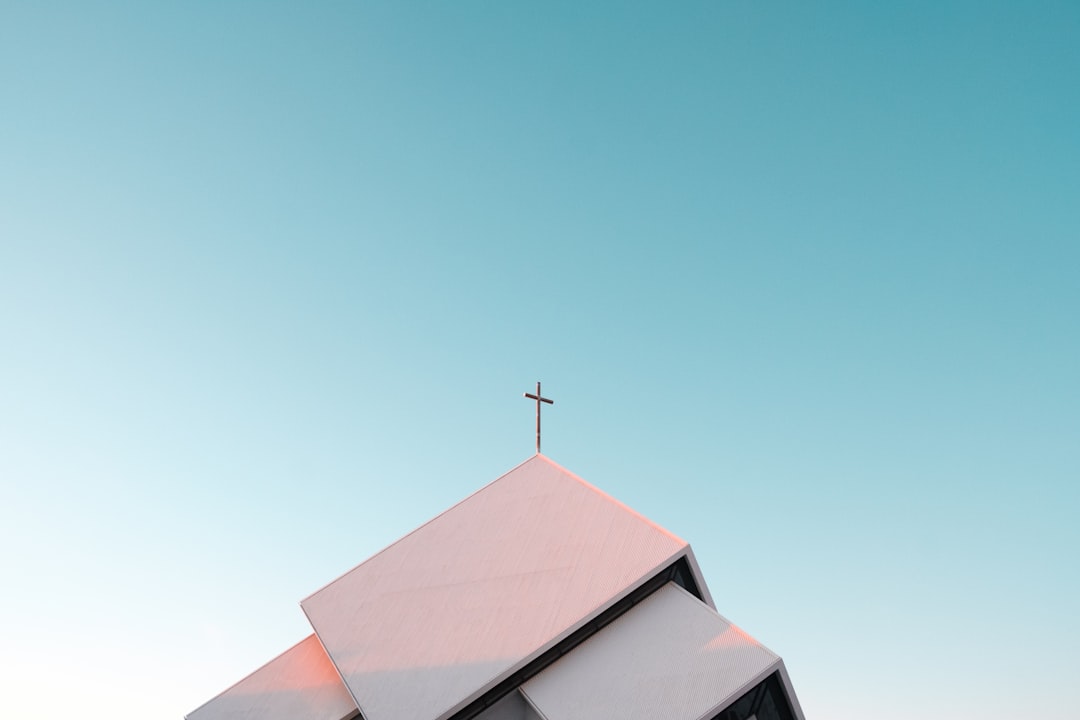
In Colorado, clergy abuse lawsuits are governed by state laws that protect individuals from harm and provide a legal avenue for justice when their rights have been violated. If you or someone you know has experienced abuse within a religious organization, understanding your legal options is crucial. Clergy abuse lawyers in Colorado specialize in navigating these complex cases, ensuring victims receive the support and compensation they deserve.
These laws cover various forms of abuse, including emotional, psychological, and physical harm, as well as financial exploitation and sexual misconduct. Victims may seek damages for their suffering, counseling expenses, lost wages, and other related costs. The state’s legal system offers a safe space to come forward and hold accountable those who have committed such acts within religious institutions.
Who Can Seek Legal Assistance for Clergy Abuse?

Anyone who has experienced clergy abuse in Colorado can seek legal assistance. This includes individuals who have been harmed by a priest, pastor, or any other religious leader within their community. The abuse can be physical, emotional, sexual, or psychological, and it doesn’t matter how long ago the incident(s) occurred—the statute of limitations for such cases varies in Colorado, but victims still have options.
If you’re looking for clergy abuse lawyers Colorado has several reputable firms specializing in these matters. These legal professionals are equipped to handle complex cases involving religious institutions and can provide guidance tailored to your unique situation. They work to ensure that justice is served and that victims receive the compensation they deserve.
The Process of Filing a Clergy Abuse Lawsuit

When considering filing a clergy abuse lawsuit in Colorado, the first step is to consult with experienced clergy abuse lawyers Colorado. These attorneys specialize in handling sensitive cases involving religious leaders and have knowledge of the unique legal challenges that may arise. They will guide you through the process, ensuring your rights are protected from the outset.
The process typically begins with a consultation where you can share your story and understand the potential legal options available to you. If you decide to proceed, your attorney will collect evidence, interview witnesses, and draft legal documents required for filing the lawsuit. They’ll also help you navigate the complex legal system, representing you in court and advocating for your interests throughout the case.
Resources and Support for Survivors in Colorado
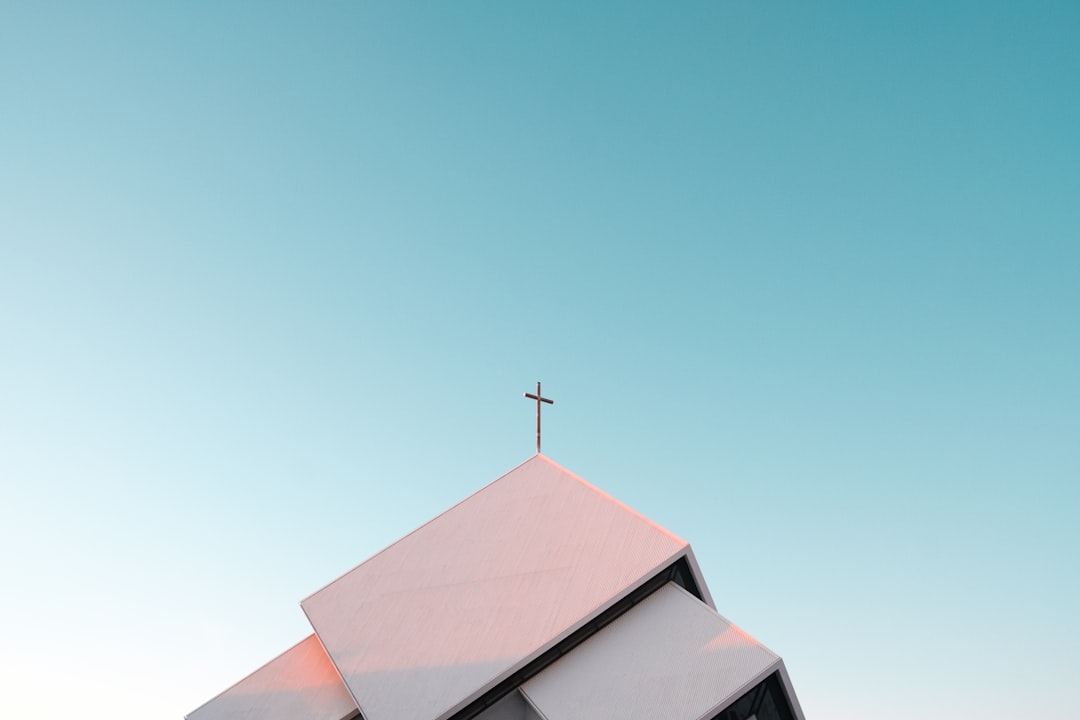
In the aftermath of experiencing clerical abuse, survivors in Colorado have access to various resources and support systems tailored to help them navigate this difficult journey. One crucial step is connecting with clergy abuse lawyers Colorado who specialize in handling such cases sensitively and efficiently. These legal professionals can guide survivors through the complexities of filing a lawsuit, ensuring their rights are protected while they heal.
Beyond legal assistance, numerous non-profit organizations and support groups offer specialized help for those affected by clergy abuse. They provide counseling services, safe spaces for sharing experiences, and resources to aid in emotional recovery. Such initiatives foster community among survivors, promoting healing and resilience as they pursue justice and accountability.
